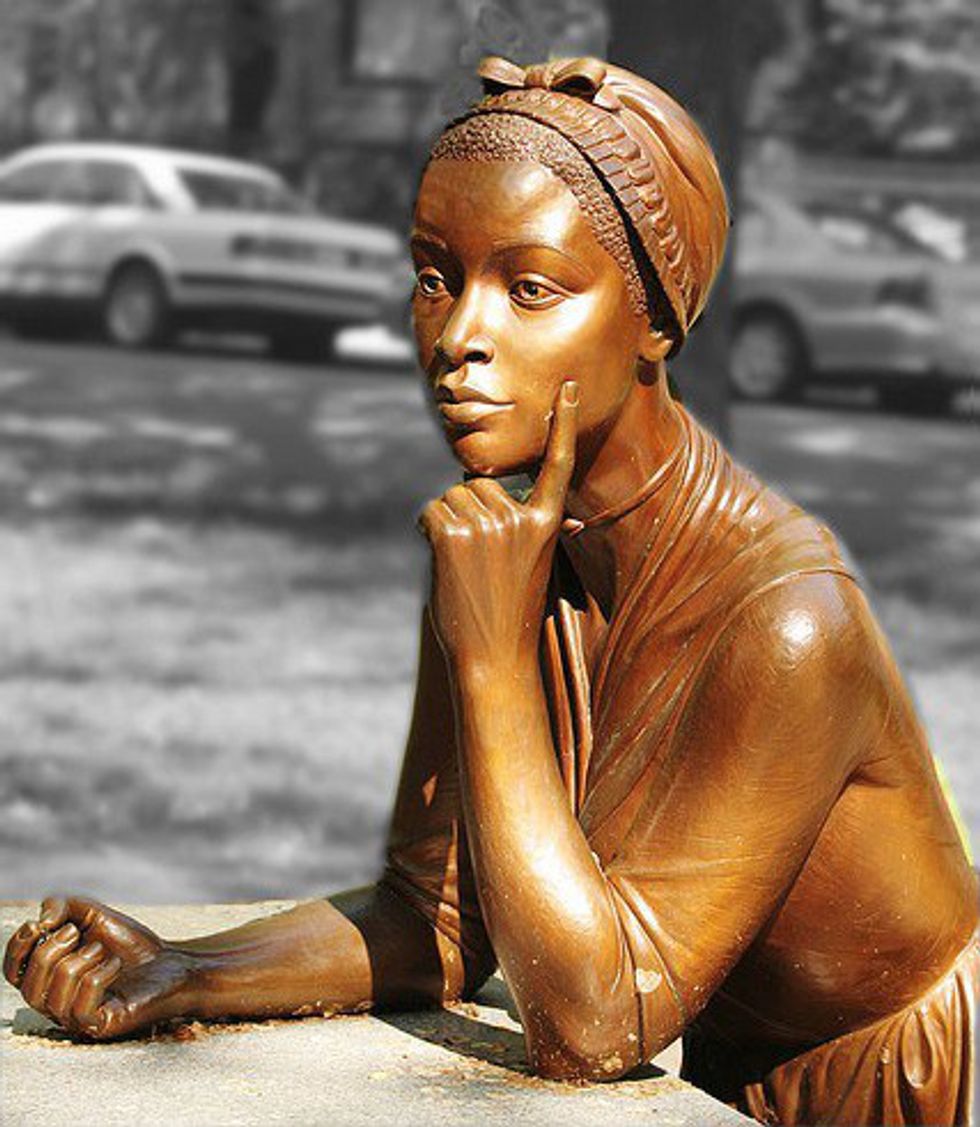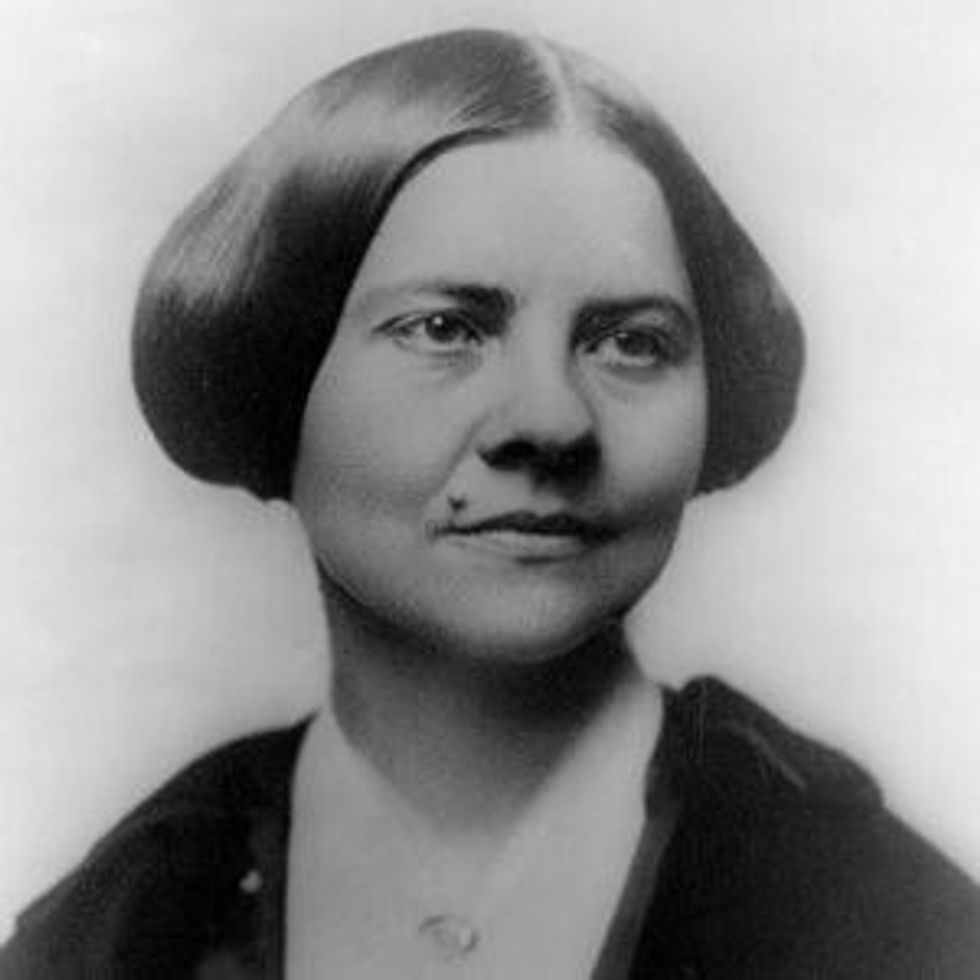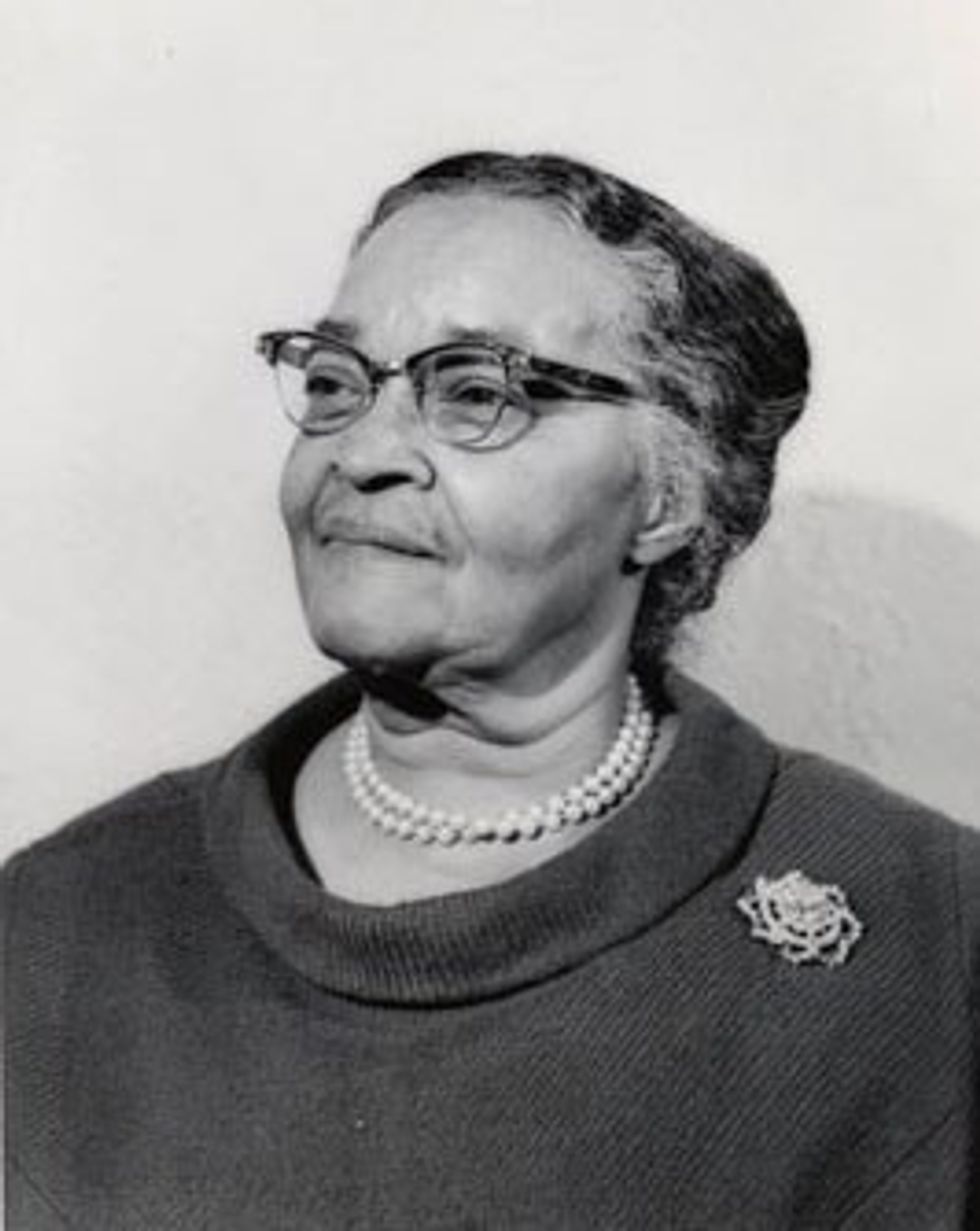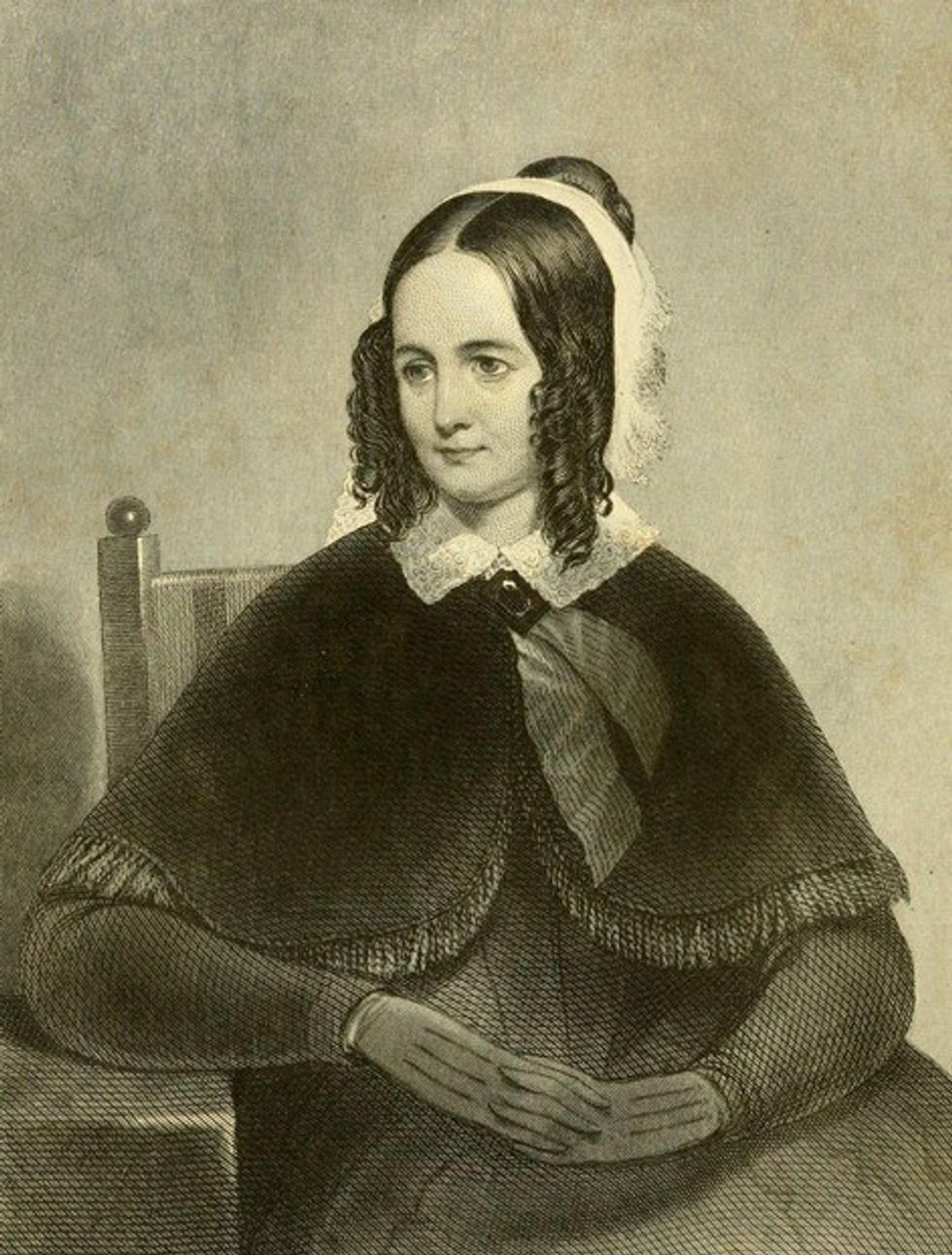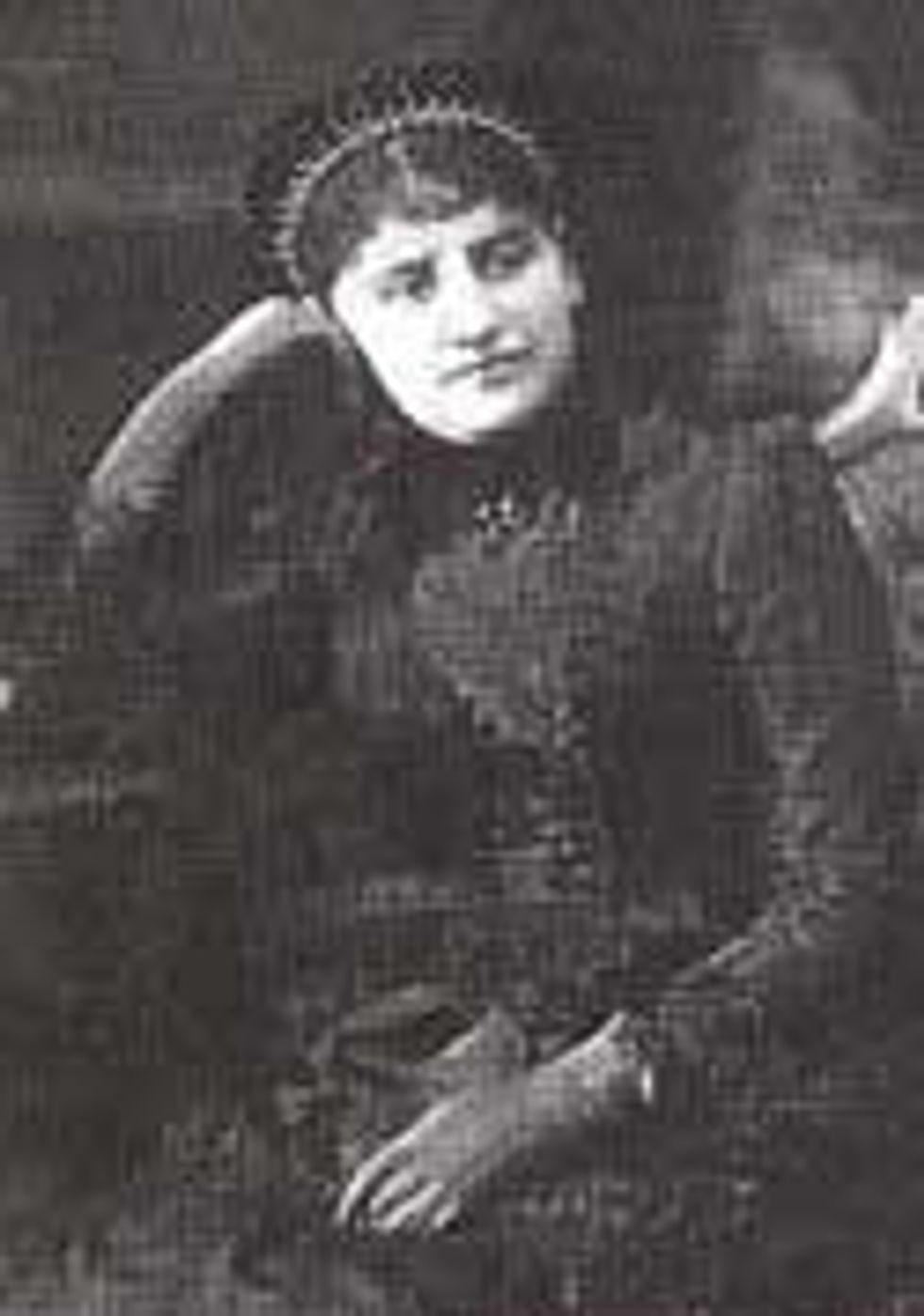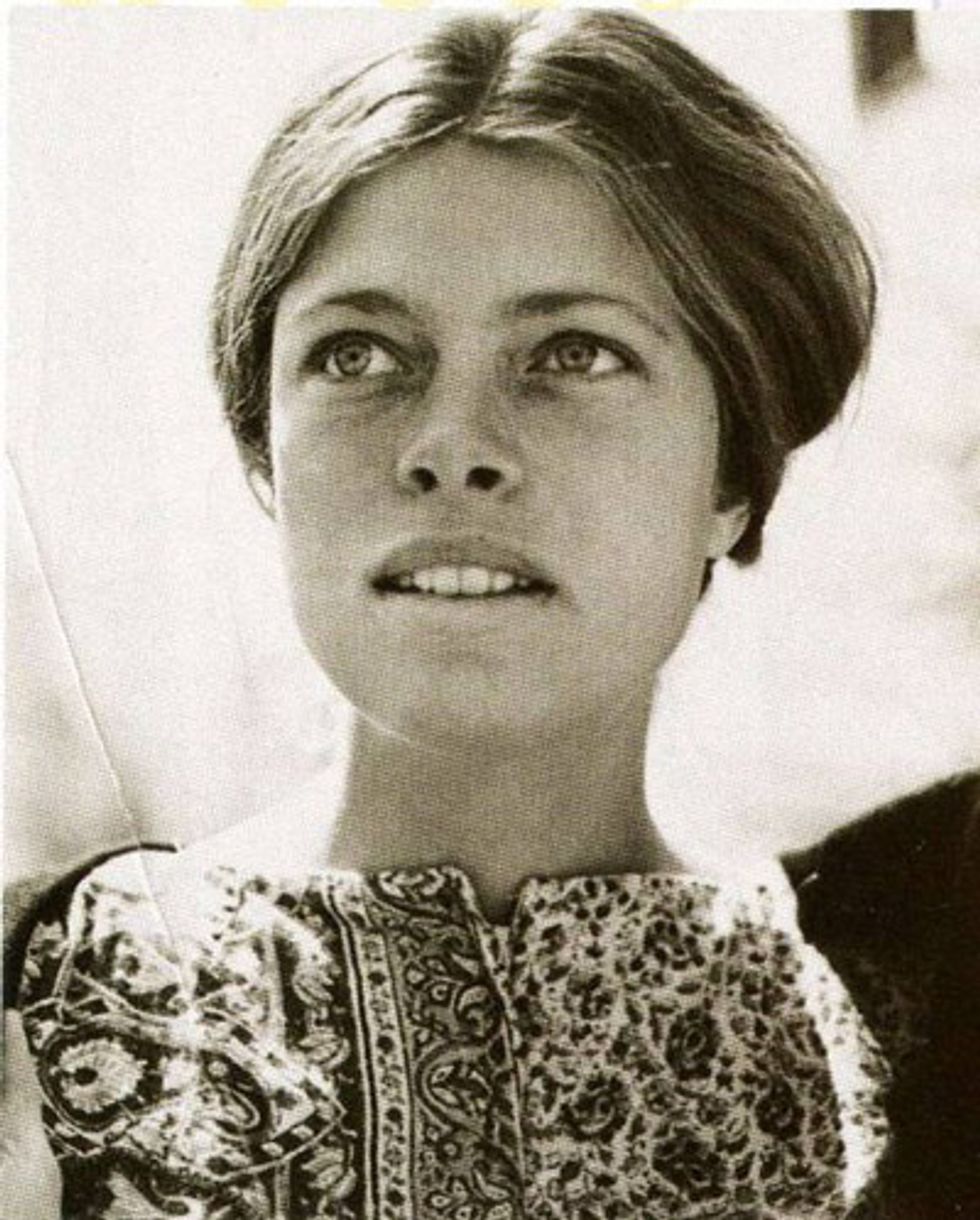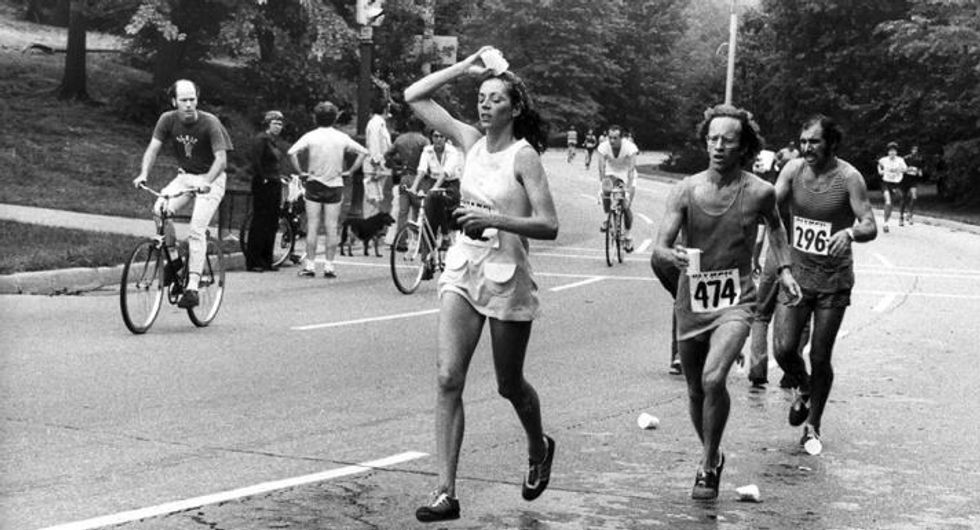Bostonians don't need another reason to be proud of their city, but they do need reasons to boast that don't include sports teams or elite colleges. A little known and often forgotten fact is that Boston has produced iconic women who heavily impacted American history and made Boston the place it is today. Here are seven of those women, in no particular order, who mark historic milestones for culture, feminism, and African American rights in Boston.
1.Phillis Wheatley
Born in West Africa, Phillis was kidnapped and taken to Boston as a slave in 1761. Purchased by the Wheatley family, Phillis served the mother of the household and the two teenage children, one of whom taught her English. Despite her status, Phillis rose above her title, both as a slave and as a woman, and impressed colonial Boston and England with her poetry. Phillis' masters actually published her first book of poetry for her in England, under her own name. The poems were so rich that Phillis was tested just to prove she wrote the poems. Despite the insult, she passed these tests with ease. Her writing was so impressive that she attracted the attention and praise of higher class British citizens when she traveled with the Wheatleys to England, motivating the Wheatley family to free her upon their return to Boston.
2. Lucy Stone
Another trailblazing feminist and abolitionist, Stone founded the Women’s Journal and the American Women’s Suffrage Association. She grew up in a very traditional, male-dominated household, a male-dominated household she took by surprise when she went off to Oberlin College in Ohio in 1843. Although the first college to allow coed study, Lucy and her female classmates were still not allowed to participate in speech and debate societies, a fact that Lucy did not take lying down. Upon discovering her passion and talent for public speaking, Lucy and her peers created their own secret speech and debate societies, honing their skills and advocating for women’s rights. Their work paid off, as Lucy organized Women’s conventions in Massachusetts and fervently spoke out against slavery both before and during the Civil War.
3. Melnea Cass
If you’re from Boston, you’ve probably heard “Melnea Cass Blvd” in traffic reports or seen the name on maps. This street’s namesake was another phenomenal attribute to the Boston community. As a loud advocate for African American rights, Melnea was an extremely intelligent young woman, graduating as valedictorian of her college class in 1914. When she returned back home to Boston, Roxbury specifically, she became rigorously involved in African American activism in the community. All of her accomplishments led to the bettering of the community and the incredible expansion of opportunities for African Americans in the Boston area.
4. Sarah Josepha Hale
Sarah is another literary mastermind who championed both women’s rights and abolitionism. She had the great fortune to be part of a progressively minded family who strongly encouraged her to educate herself and wanted equal education for both their son and daughter. Not only did her immediate family support her academic endeavors, but so did her husband, pushing her to keep up with her writing. Aside from support, Sarah also had undeniable talent. She published a book of poems in 1823 and an anti-slavery novel 1827, cementing her reputation and landing her an editorial job for the Ladies’ Magazine in Boston. She continued to publish personal works in many different genres during her tenure as editor and also created the Seaman’s Aid Society in Boston, giving women a source of humane employment. One of her most well-known accomplishments, and most misattributed, is the establishment of Thanksgiving. The pilgrims often get the credit here, but during the Civil War, Sarah believed the nation needed a unifying holiday, a need that she brought to the attention of Abraham Lincoln.
5. Lina Frank Hecht
Born in 1848, Lina performed wonders for the Jewish community in Boston. With the large influx of Eastern European Jews, Lina saw an opportunity to help and took it. She took a lowly sewing circle, expanded it to something more along the lines of a sewing platoon, and provided clothing for immigrant families arriving in Boston. She also opened Jewish schools and provided educational opportunities for young girls in the community. Despite these measures, Lina decided that what she had already undertaken wasn’t enough, and she established a “Soap and Water Club” so that immigrants would actually have an indoor place to bathe. Lina’s legacy for helping immigrants continued well after her death, providing extensive services that may not have existed without her initiative.
6. and 7. Roberta Gibb and Kathrine Switzer
As recently as the 1960s, women were not allowed to run in the Boston Marathon, due to their frailty, of course. Roberta did not agree with this and was the first woman to unofficially run the marathon in 1966. Although she did not register or have a bib number, she snuck into the race by hiding near the start line before the race. Kathrine did manage to run the marathon, officially, in 1967, but this involved some deception as well. Kathrine signed up using her initials so she wouldn’t be identified as a woman. Obviously, this was not met with great reception by the men running the marathon. The race director even physically attacked Kathrine during the race. Despite this, and despite the fact that she also suffered a break-up with her boyfriend during the race (who didn’t end up finishing), Kathrine finished the race and helped petition for females to be officially allowed to run in the Boston Marathon, a feat finally accomplished in 1972.




